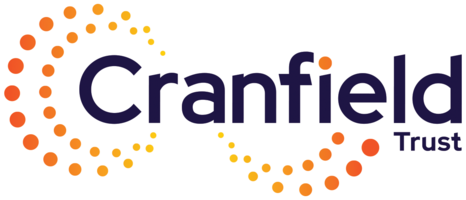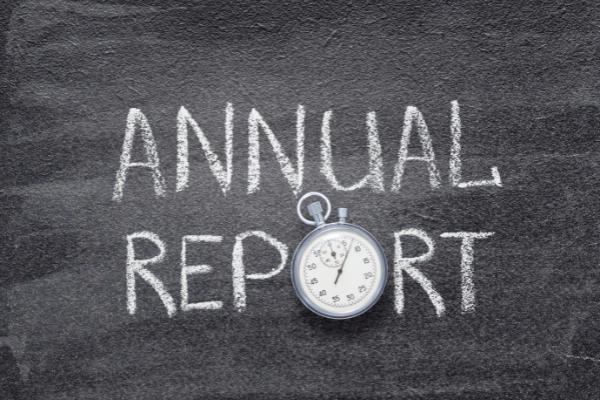S214 of the Insolvency Act 1986 gives what are known as the 'wrongful trading' provisions, whereby directors of companies that go into a formal insolvency process such as liquidation or administration may be made personally liable for the debts of the insolvent company. This would only apply if some time before the company went into liquidation or administration the director knew or ought to have known that the company could not avoid the insolvency process and did not take any appropriate steps to prevent this from happening.
Many companies, including charities, are facing cashflow difficulties and possible insolvency as a result of the coronavirus. The government has already introduced many new schemes to assist including loans, furloughing employees and a three month extension to the period in which accounts are to be filed. The government has also proposed a temporary suspension of the wrongful trading provisions of S214 of the Insolvency Act 1986, backdated from 1 March 2020.
The initial reaction to the government's proposed temporary suspension of the wrongful trading provisions is that the government has found another way of reducing the problems caused by the coronavirus so that there can be some relaxation - but it is suggested that directors and trustees of charities take care.
The proposed change to the wrongful trading legislation has not yet been made law. The reaction to the proposed change from insolvency profession is generally very negative as the existing legislation already gives a strong defence for directors who basically do the best they can under difficult circumstances. The wrongful trading legislation was introduced in 1986 and to be successful legal action has to be brought by a liquidator or administrator, who must have a strong and provable case that will succeed in court. The wrongful trading legislation only ever applies to directors who are not carrying out their duties appropriately and it very definitely does not mean that directors will automatically be made personally liable for the debts of their companies. There is a genuine concern in the insolvency profession that if the legislation is suspended, even for a short time, then this could be abused.
It is completely accepted that these are exceedingly difficult times for charities. It is suggested that directors or trustees do not rely on proposed changes to legislation that may not happen and should continue to carry out their duties as directors to the best of their abilities, keeping a record of their decisions and the reasons for them.








